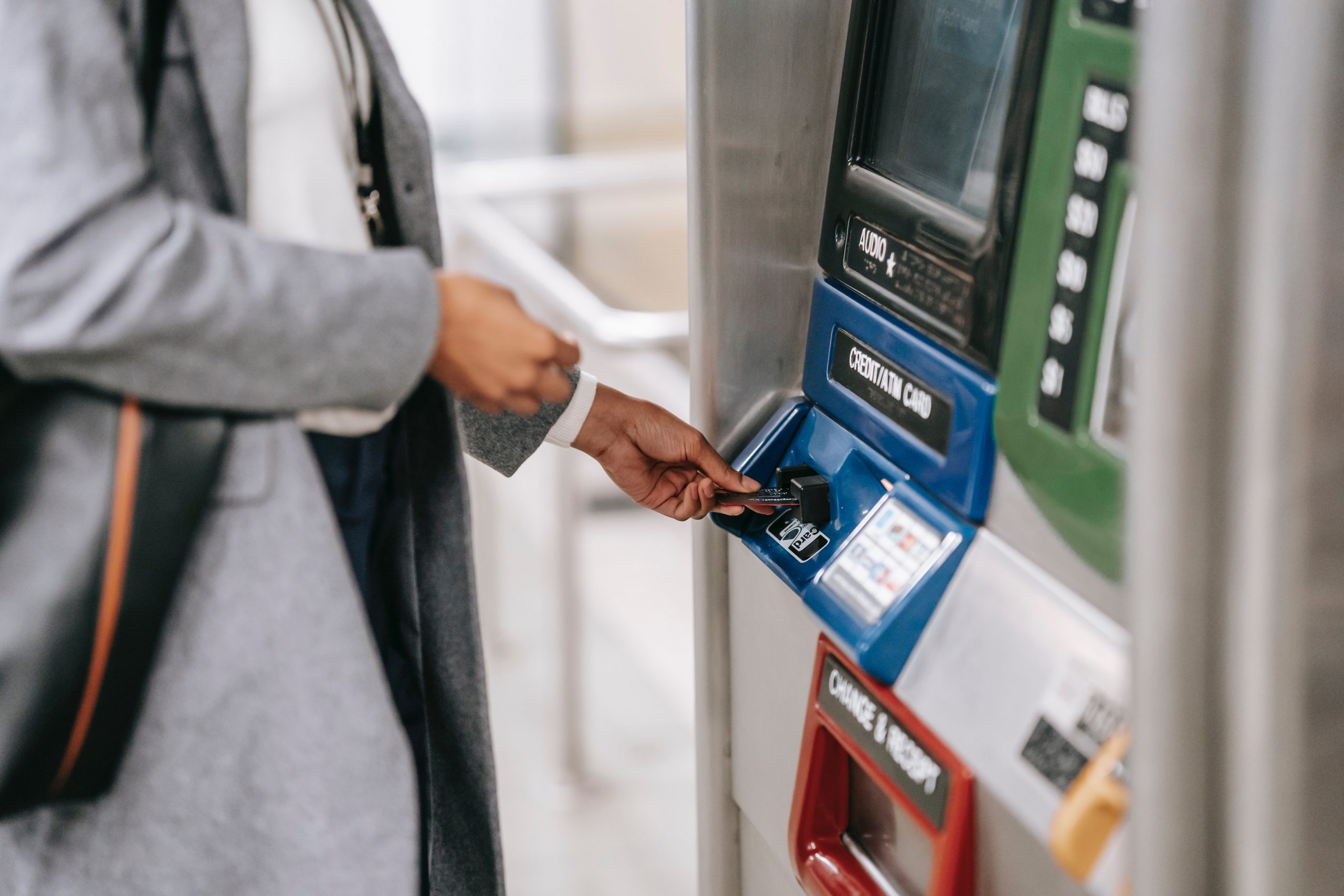
Credit means receiving something of value now and promising to pay for it later, often with a finance charge added by the lender. In recent times, many persons use credit to buy almost everything, including food, clothing, housing and transportation. Credit can be a great financial tool when it is used wisely. Having credit extended to you is not only a powerful spending tool, but it's become a necessity in today's world and is imperative to use credit responsibly. Unfortunately, many people struggle to control their use of credit and get overwhelmed by piles of bills.
What does it mean to be responsible with credit? At its core is a simple truth - Being responsible with your credit means living within your means and paying your debt consistently and on time.
Start by understanding how credit works, always pay your monthly bill on time. Pay your balance in full whenever possible to avoid interest and prevent high balances from damaging your credit.
Your CreditRegistry SMARTScore (credit score) is mostly based on a demonstrated history of responsibility. The more responsible you are with credit, the better your credit scores will be.
But why is that important?
Your credit score is one of the most important measures of your financial health. It tells lenders at a glance how responsible you are with credit. The better your score, the easier you may be approved for new loans or lines of credit. A higher credit score can also open the door to the lowest interest rates when you borrow.
By focusing on a few fundamentals, you can keep your credit in good shape. Since credit scores are based on credit reports, this means you’ll also have good credit scores. As you learn more about credit, you can start to identify places where your actions and personal responsibility can have an effect. Here are a few places to start.
Don’t rack up a larger credit card balance than you can afford to pay in full when the bill is due, except in certain situations where you can carry a balance interest-free.
An easy way to use credit responsibly is to always pay your bills on time. Late payments or accounts that go to collections are a terrible signal to lenders. Your payment history is one of the most important factors in generating credit scores. Developing a regular payment schedule can help you control your debt and create a conscious relationship with your money.
When you check in on what you’re spending more frequently, it may be easier to control some of your expenses. And that act of personal responsibility could help you avoid hitting your credit limit.
If you can maintain awareness around your spending, you can better avoid going beyond your means. And that can help make sure you’re able to pay bills on time. Creating a weekly routine to review account statements, bills and your budget can help.
Maxing out credit cards is bad sign. Paying down loans or paying them off is generally seen as a good thing. Credit card lenders may assess overcharge fees, decrease your credit limit or even close your account if you go over your limit habitually. Lenders may also increase your interest rate if your credit history shows that you regularly exceed your credit limit, and your credit score may be negatively affected. So know your limit—and always keep track of how much you have charged.
If you apply for a lot of credit over a short period of time, it may appear to lenders that your economic circumstances have changed negatively
For example, lenders may think you’re a greater risk if you apply for 6 new credit cards in a year. There are some exceptions, like when you’re shopping around for car loans from multiple banks.
The sooner you’re aware of something affecting your credit, the sooner you can address it. Start by reviewing your credit report thoroughly. Look for any information that is incorrect, such as paid debts that are listed as delinquent or accounts that you never opened. You can dispute these errors directly with CreditRegistry, Nigeria’s Largest credit bureau. Removing negative information is just one part of the process. You should also add positive information by improving as many areas of your SMARTScore as you can.
The truth is, there are many factors impacting credit that you can tackle with awareness, self-discipline and personal responsibility. Ultimately, being responsible with credit means living within your means, regardless of the level of those means. So, take a close look at your financial situation, evaluate your earning and spending habits, and make the necessary adjustments to put yourself on responsible financial footing
That awareness and self-discipline can help you develop a healthy relationship with credit.